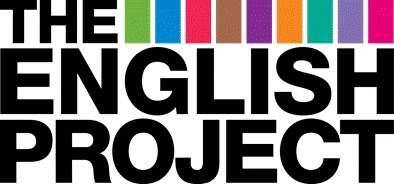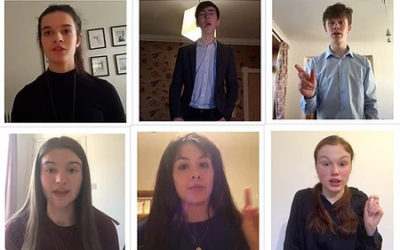It is September, the beginning of the school and academic year. That makes it appropriate for ESU-Scotland and the English Project to introduce a new series of monthly pieces that examine the English language.
The mission of ESU-Scotland is ‘to promote international understanding and human achievements through the English language throughout the world’.
The mission of the English Project is ‘to explore and explain the English language in order to educate and entertain English speakers’.
It is with our missions in mind that we choose our subjects, and a subject that has proved most popular with followers of the English Project is one with which we can start: punctuation.
In 2015, the English Project provided a history of English punctuation, and we chose to do that in 2015 because it was then 500 years since the death of Aldus Manutius.
Aldus Manutius was a Venetian printer who shaped the comma, invented the semicolon and created italic fonts. He may have been the greatest punctuator of all time. In celebration of the life and work of Aldus Manutius and in the course of that year, we looked at the twelve major punctuation marks. We started with the full stop. We ended with the question mark. Between stop and question come the semicolon, the colon, the comma, the slash, the hyphen, the parenthesis, the exclamation, the apostrophe, and the quotation mark.
A common count says that there are fourteen major punctuation marks. That is because the parenthesis, the bracket and the brace are counted separately. We take them together because they serve similar purposes and are best studied as variants one of another.
The English Project favours a historical, descriptive approach rather than a didactic, prescriptive approach. Like the Oxford English Dictionary, we prefer to describe not prescribe. History tells us why. Our twelve punctuation marks have been used in so many different ways over the past fourteen hundred years that there is no historical right way.
There is no authority to give rules. The most abhorred rule-break of the present day, the grocer’s apostrophe, ‘Apple’s £2 a kilo’, was common in the eighteenth century with the best authors. Among them Thomas Jefferson. And the mention of his name reminds us that the punctuation conventions of the United Kingdom are not identical with those of the United States. More about that too, as we go along.
We’ll start then with the full stop.
Suzanne Ensom
English-Speaking Union Scotland
Christopher Mulvey
The English Project



